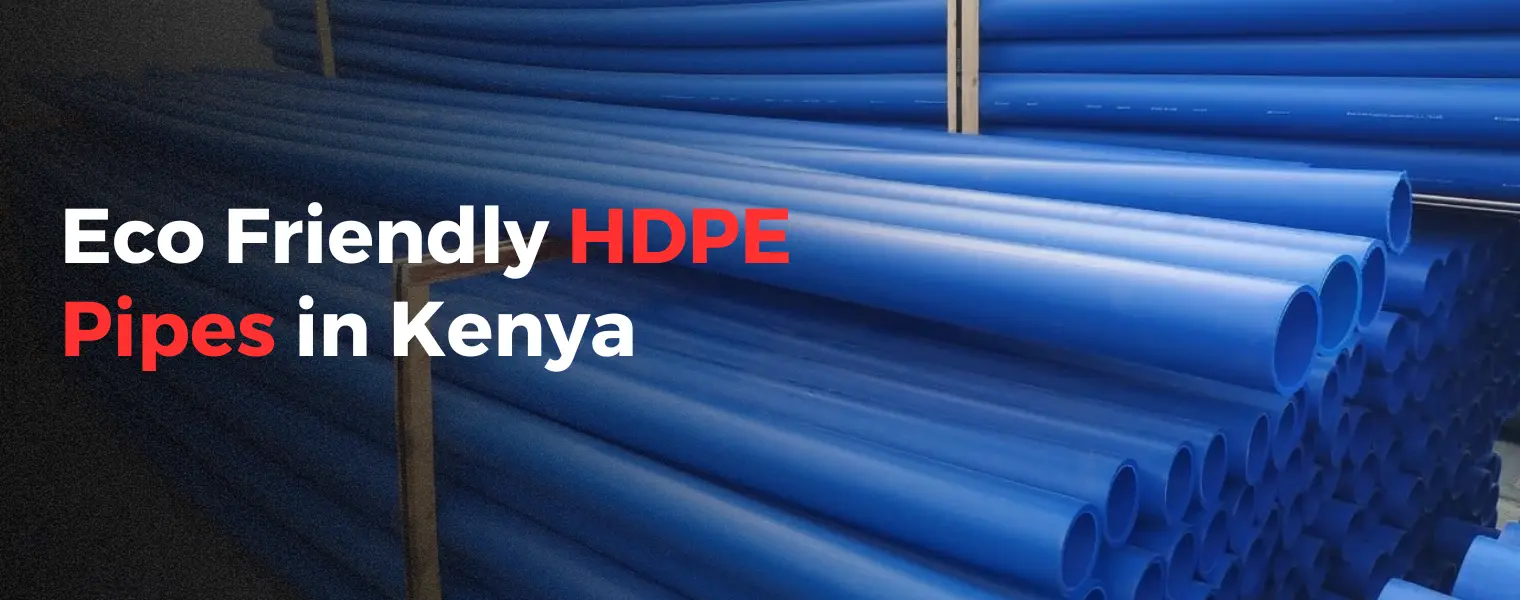
the need for sustainable infrastructure solutions is more critical than ever. As the country experiences rapid urbanization and infrastructure development, it's essential to consider eco-friendly alternatives to traditional materials. One such innovation making waves in Kenya's construction and water supply industries is High-Density Polyethylene (HDPE) pipes. These pipes offer a plethora of environmental benefits while serving as a reliable solution for various applications.
HDPE pipes are known for their exceptional durability. They can withstand harsh weather conditions, including extreme temperatures and UV radiation, without corroding or degrading. This longevity means fewer replacements, reducing environmental impact.
HDPE is a highly recyclable material. In Kenya, where waste management and environmental concerns are growing, the recyclability of HDPE pipes contributes to a more sustainable waste management system. Old pipes can be recycled into new ones, reducing the need for virgin materials.
Manufacturing HDPE pipes requires less energy compared to traditional materials like metal or concrete. This energy efficiency reduces greenhouse gas emissions during production.
HDPE pipes are jointed using heat fusion, creating seamless connections that are highly resistant to leaks. In a country where water scarcity is a pressing issue, reducing water loss due to leaks is crucial for conserving this valuable resource.
HDPE pipes are chemically resistant, making them suitable for conveying a wide range of fluids. This feature ensures that no harmful chemicals leach into the transported water, maintaining water quality and safety.
HDPE pipes are extensively used for water supply in Kenya. Their durability and leak-resistant properties make them ideal for transporting potable water, especially in regions facing water scarcity.
In agriculture, HDPE pipes are used for efficient irrigation systems. They offer excellent resistance to chemicals and are easy to install, making them a preferred choice for farmers seeking sustainable irrigation solutions.
HDPE pipes are employed in sewer systems to transport wastewater. Their resistance to corrosion and root intrusion ensures the longevity of these systems, reducing maintenance and repair costs.
HDPE pipes also serve as conduits for underground telecommunication cables. Their durability and resistance to soil and moisture make them suitable for protecting critical infrastructure.
HDPE pipes are increasingly used for natural gas distribution due to their corrosion resistance and safety features.
While HDPE pipes offer numerous environmental benefits, their adoption in Kenya faces challenges such as initial costs and a need for skilled installation. Overcoming these challenges requires collaboration between government agencies, industry stakeholders, and education and training programs. To further promote eco-friendly HDPE pipes, the government and industry players could:
Offer incentives to construction companies and utilities that use HDPE pipes, such as tax breaks or subsidies to offset initial costs.
Develop training programs to equip local artisans and workers with the skills required for proper HDPE pipe installation and maintenance.
Enforce policies that encourage the use of sustainable materials like HDPE in public infrastructure projects.
Eco-friendly HDPE pipes have emerged as a sustainable solution for Kenya's infrastructure and water supply needs. Their durability, recyclability, and environmental benefits make them a compelling choice in a country facing water scarcity and waste management challenges. By overcoming installation challenges and promoting awareness, Kenya can harness the full potential of HDPE pipes to build a greener and more sustainable future. These pipes are not just conduits for water and utilities; they are conduits for progress and environmental responsibility. Polyfab provides the best HDPE pipes contact us to know more.